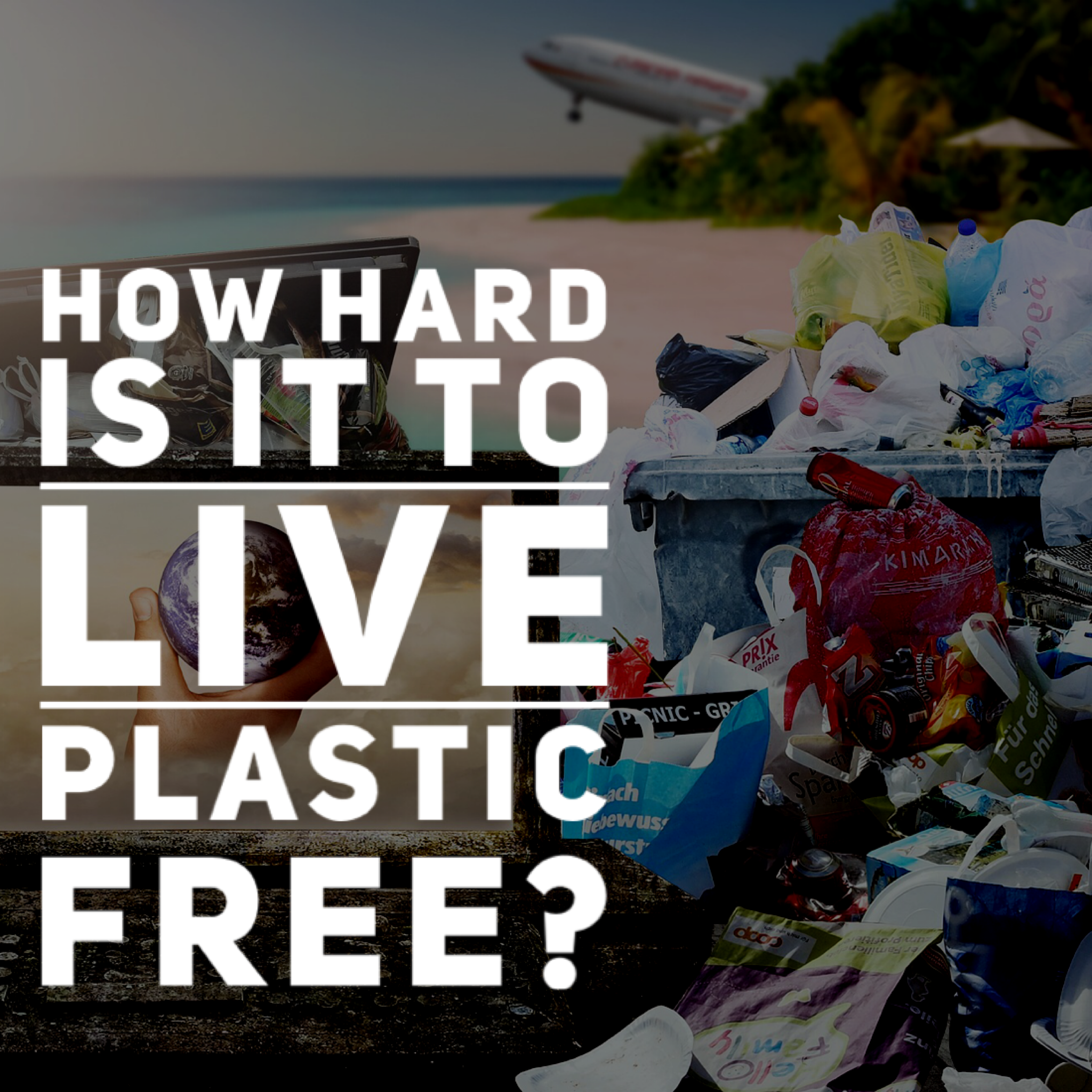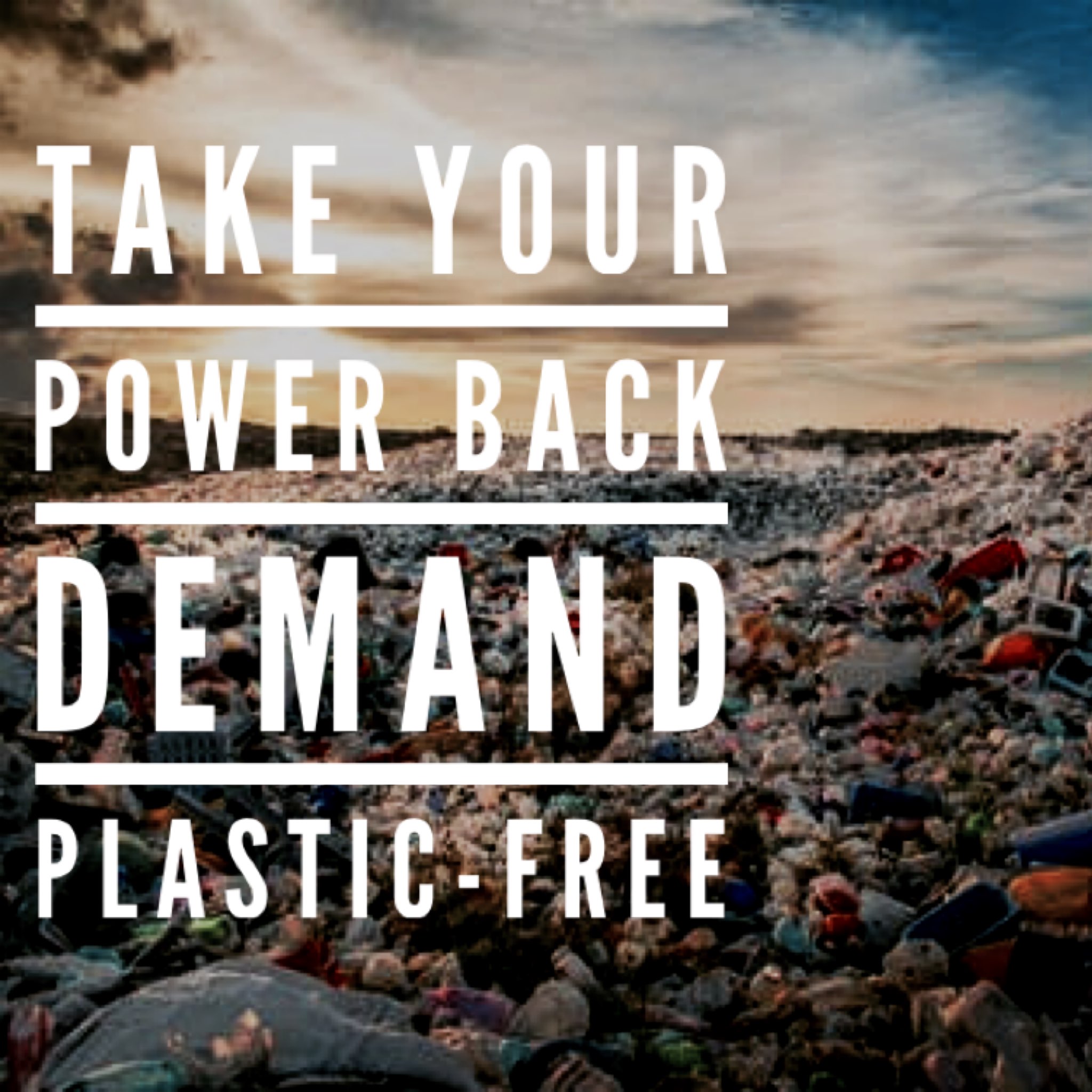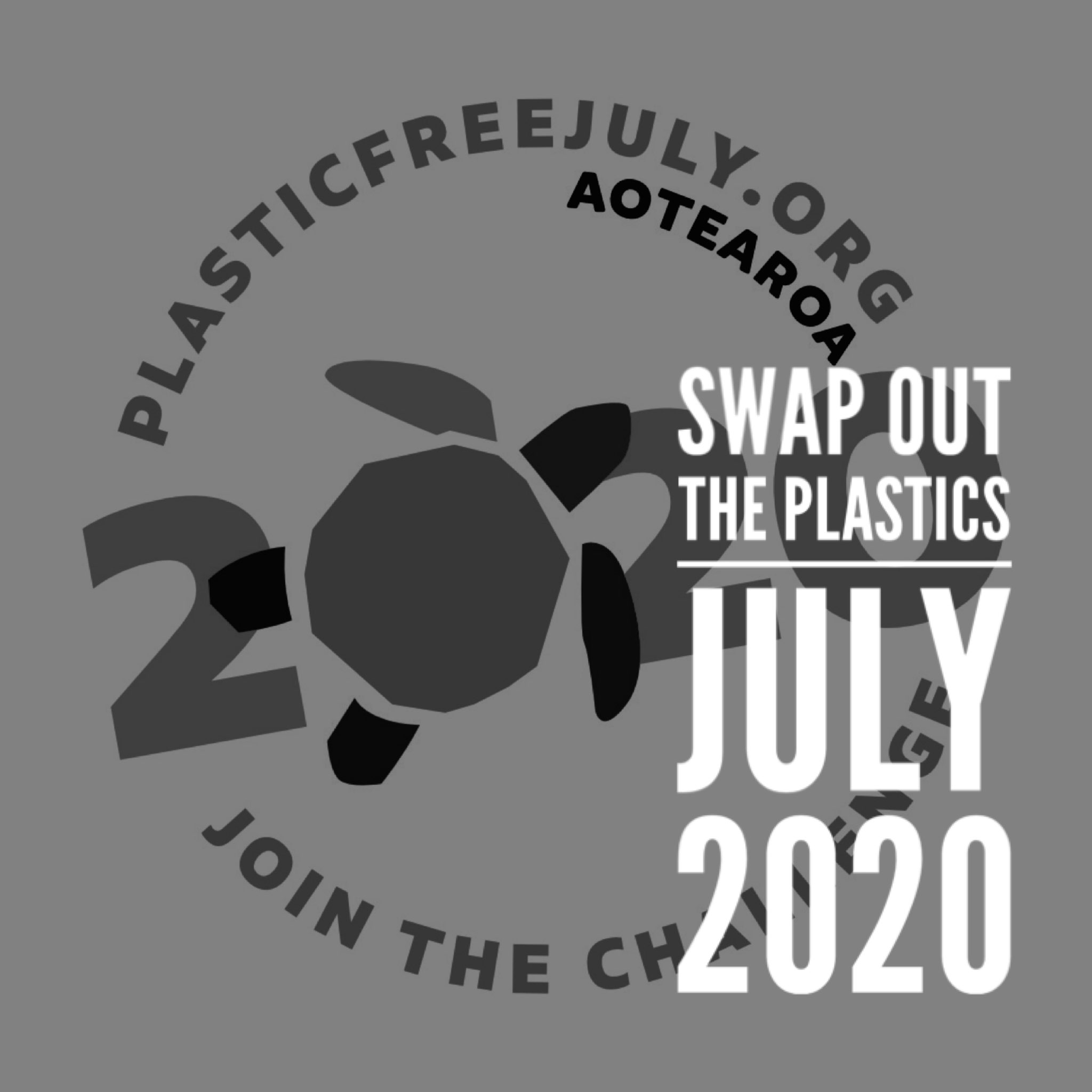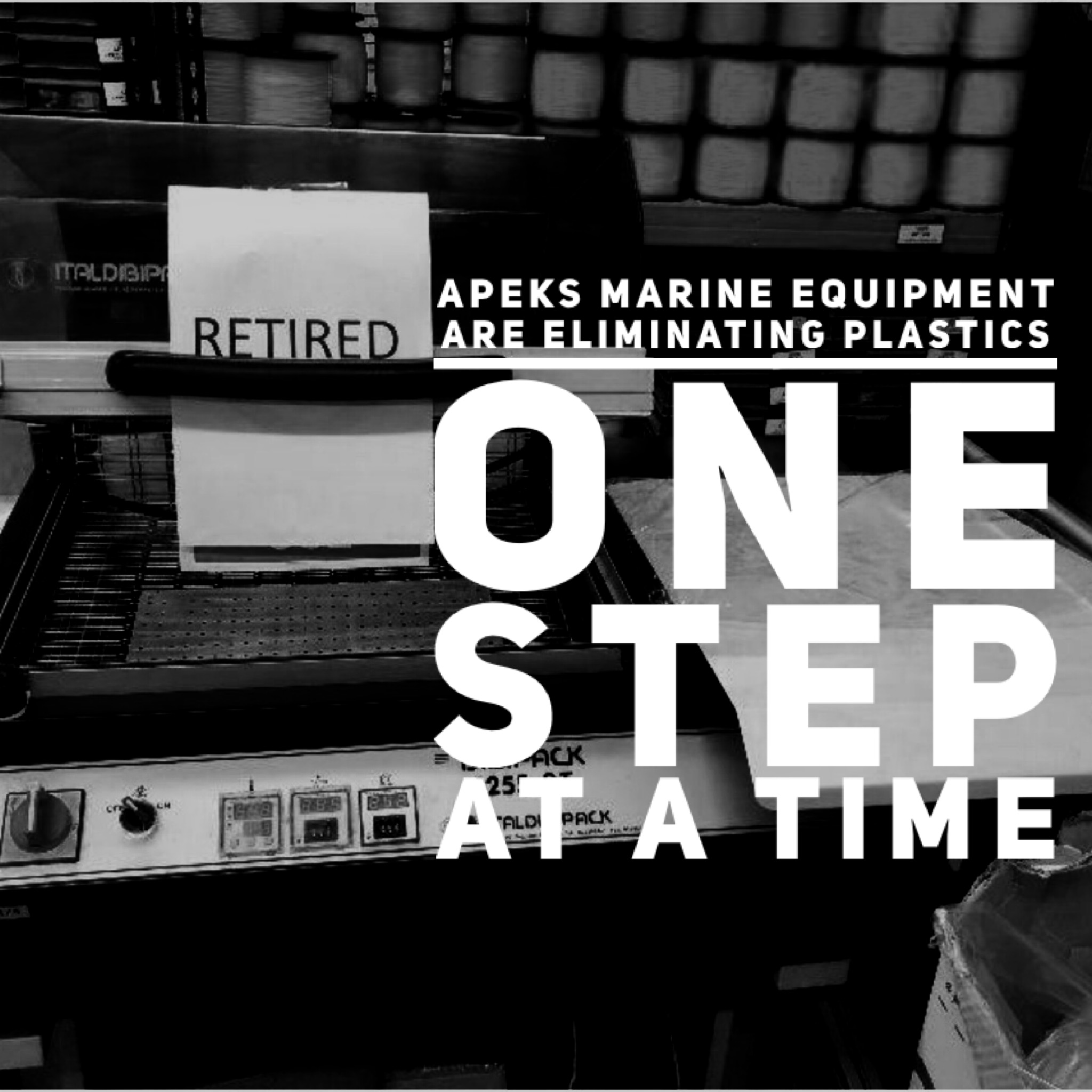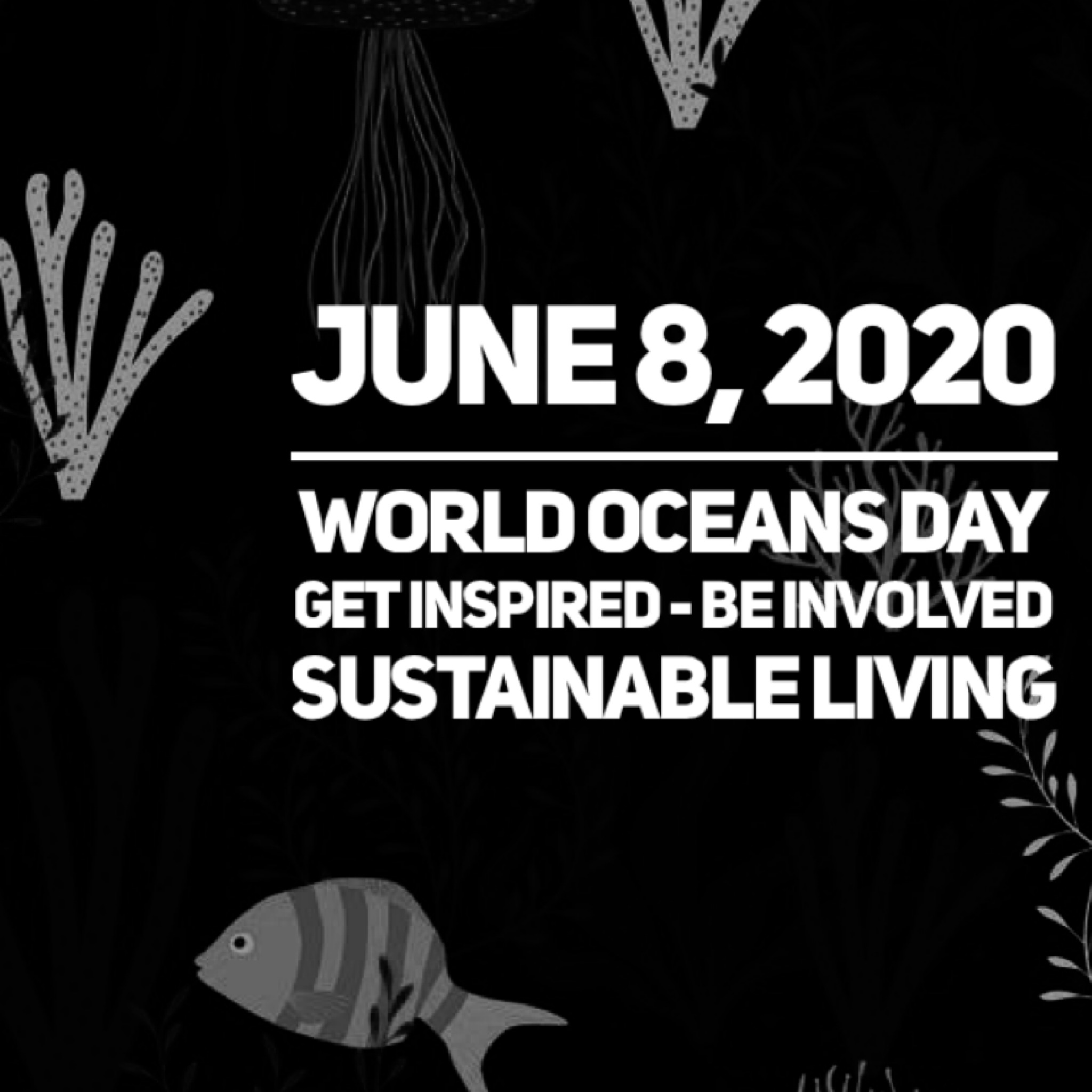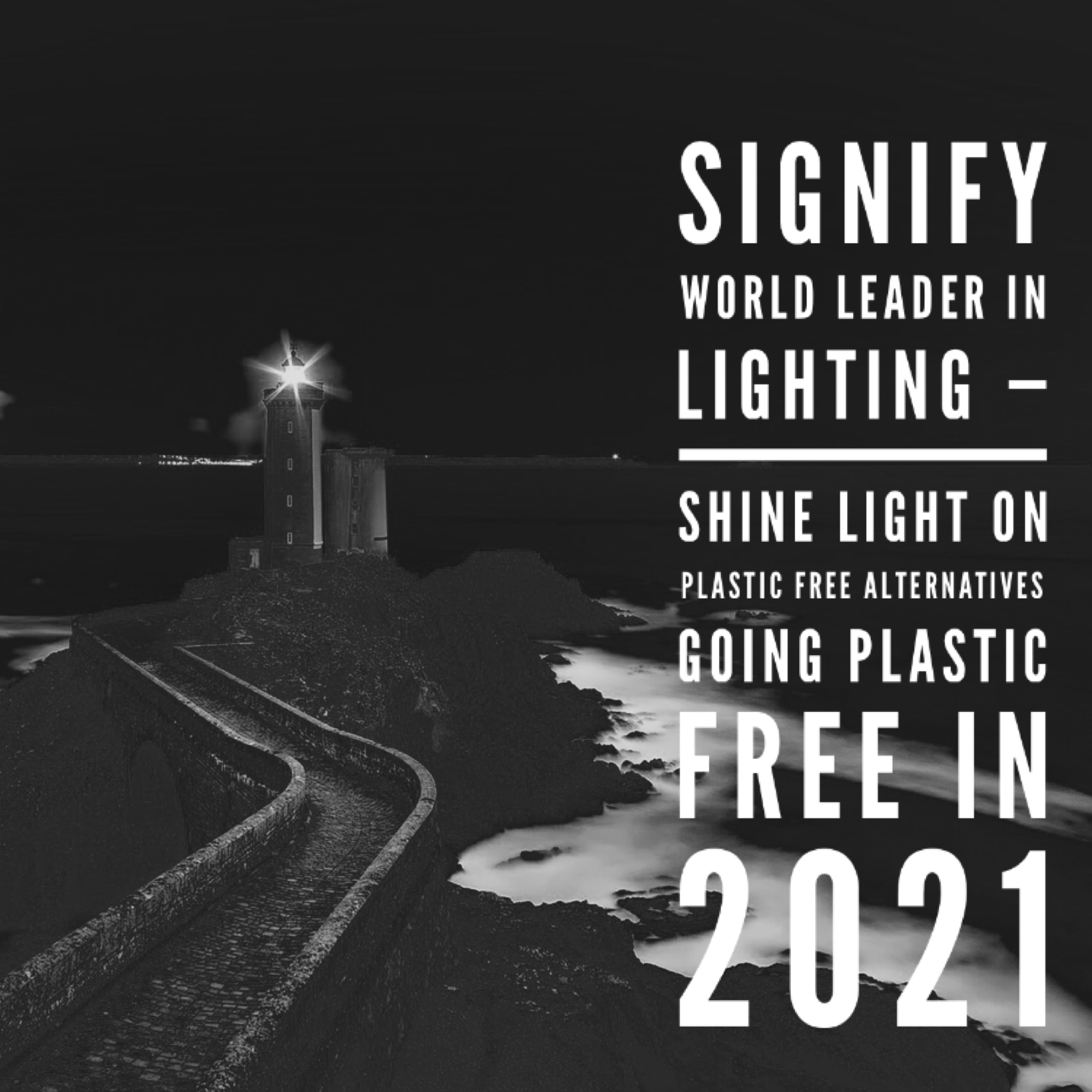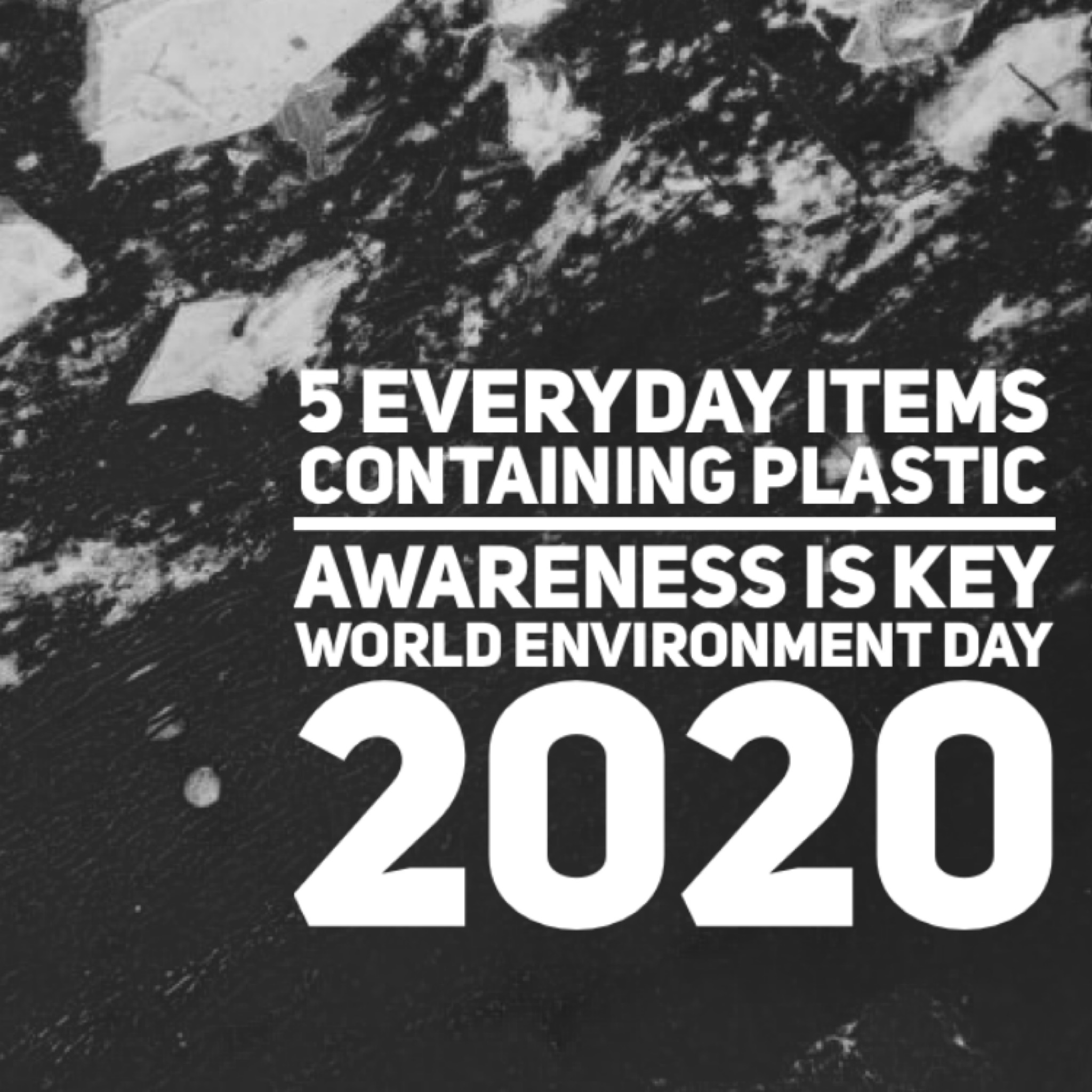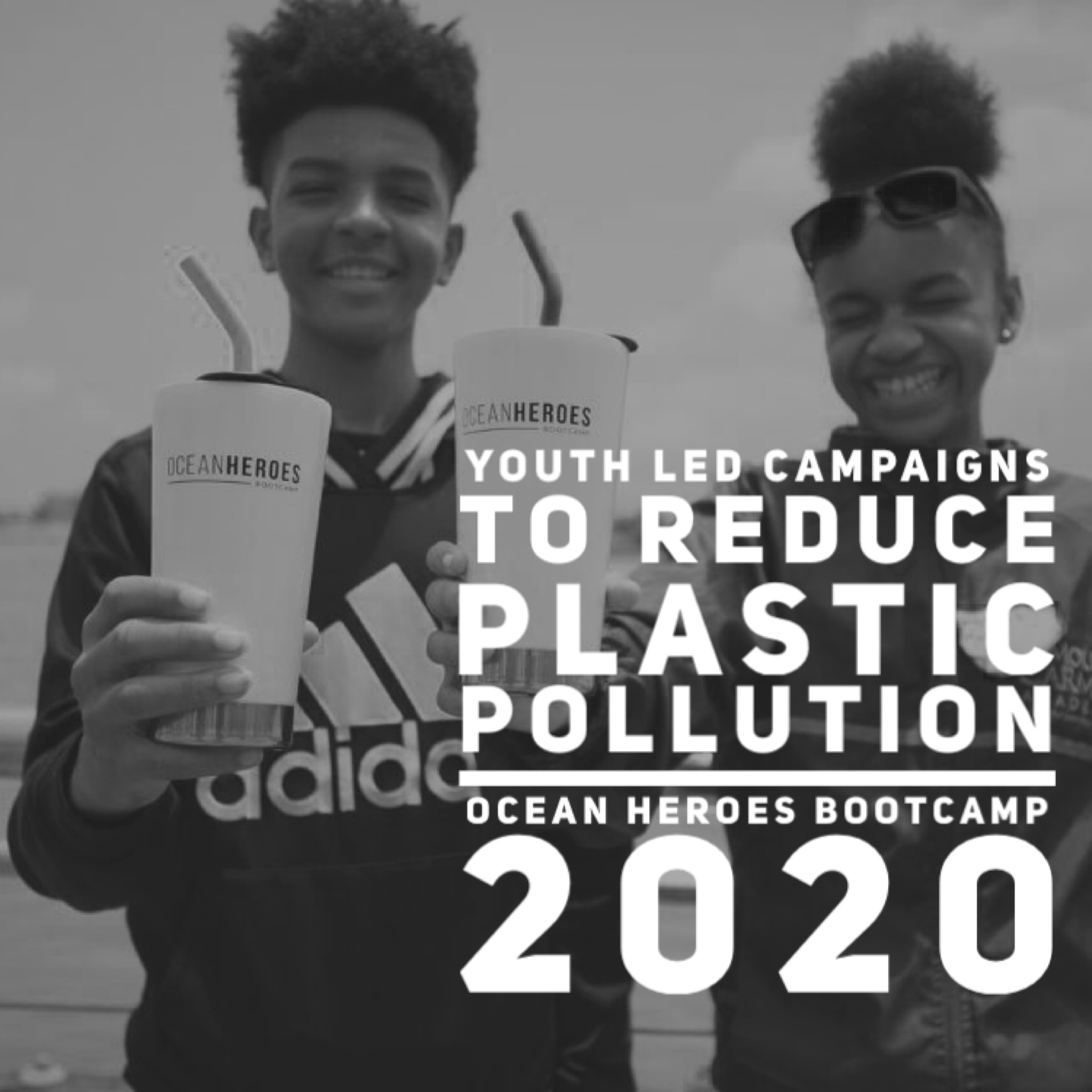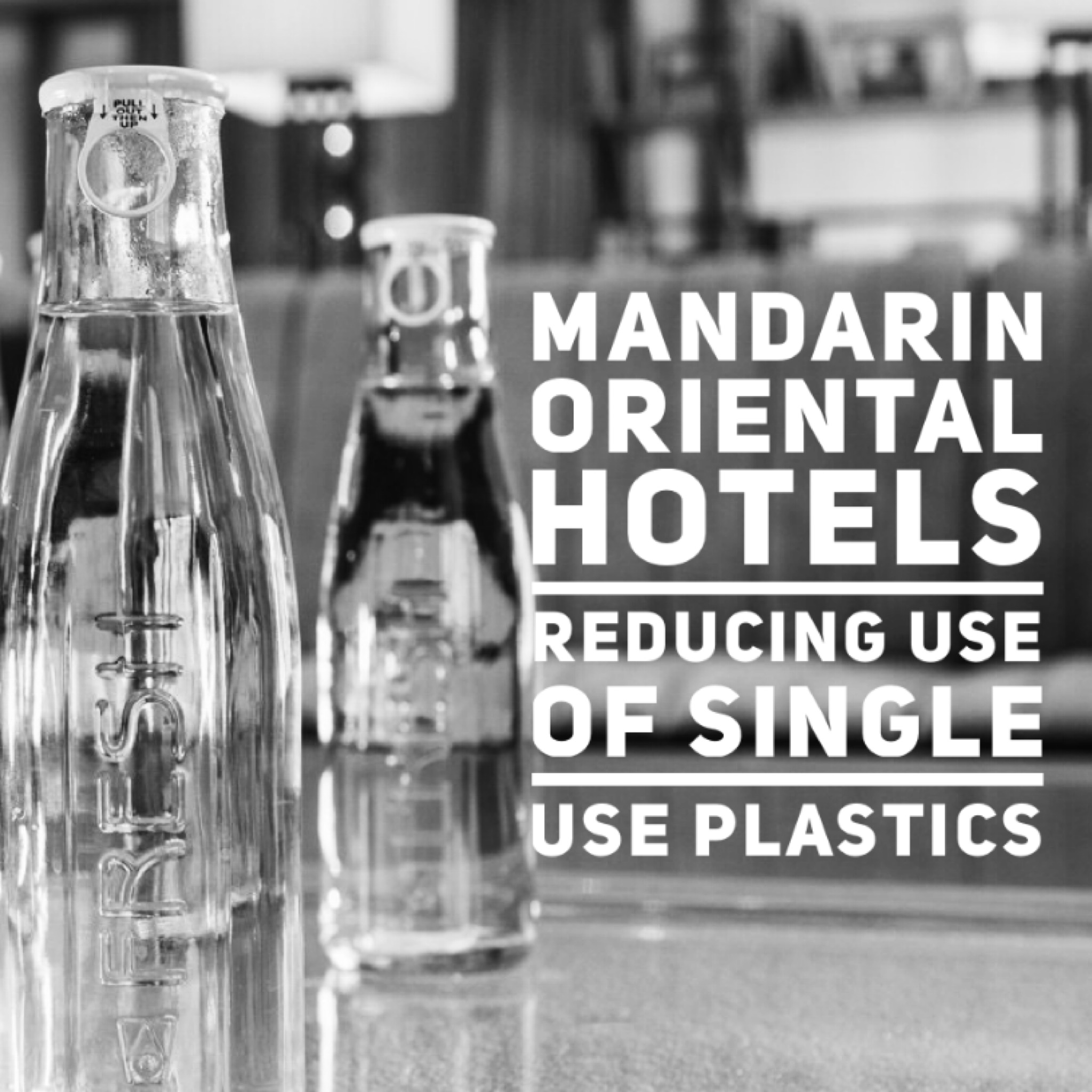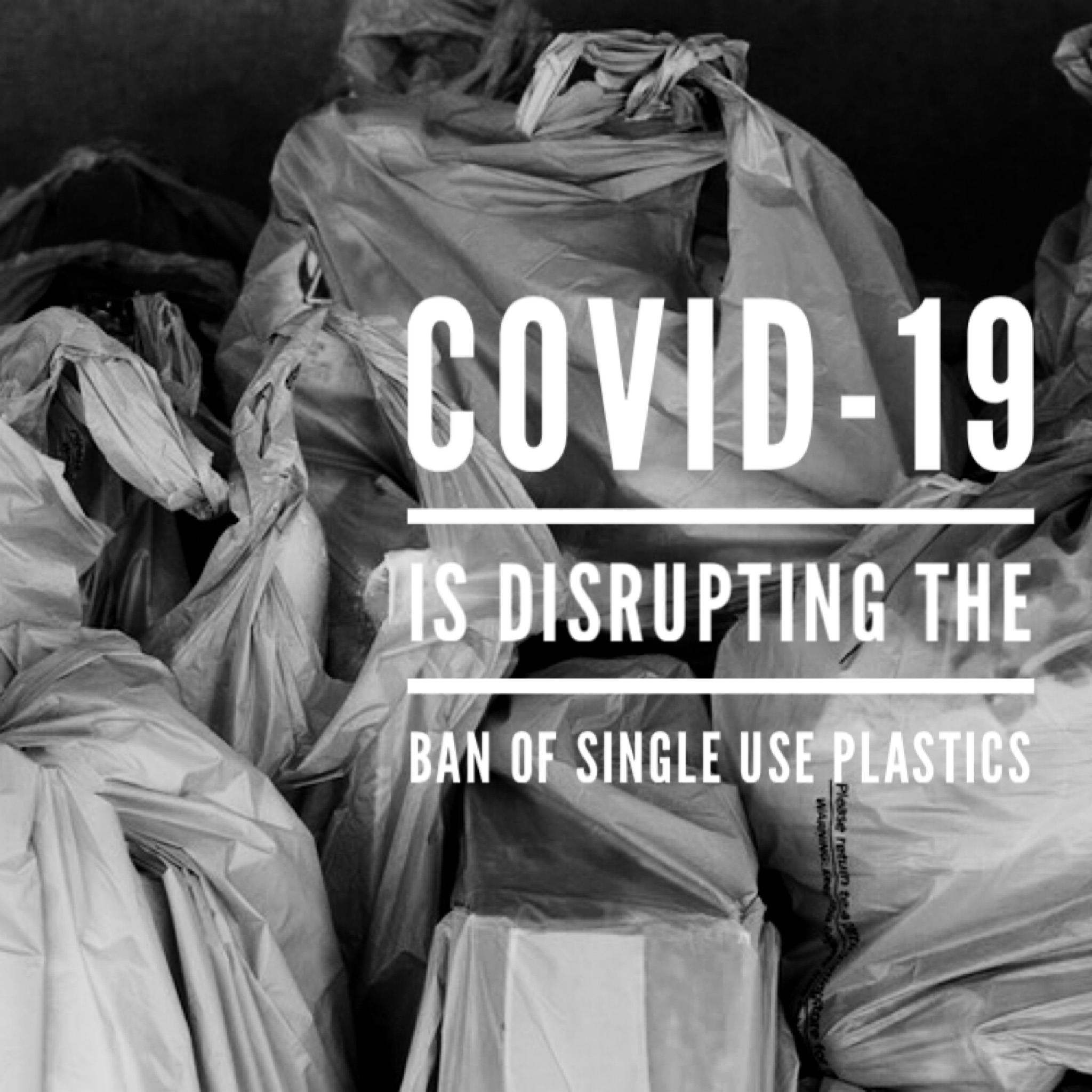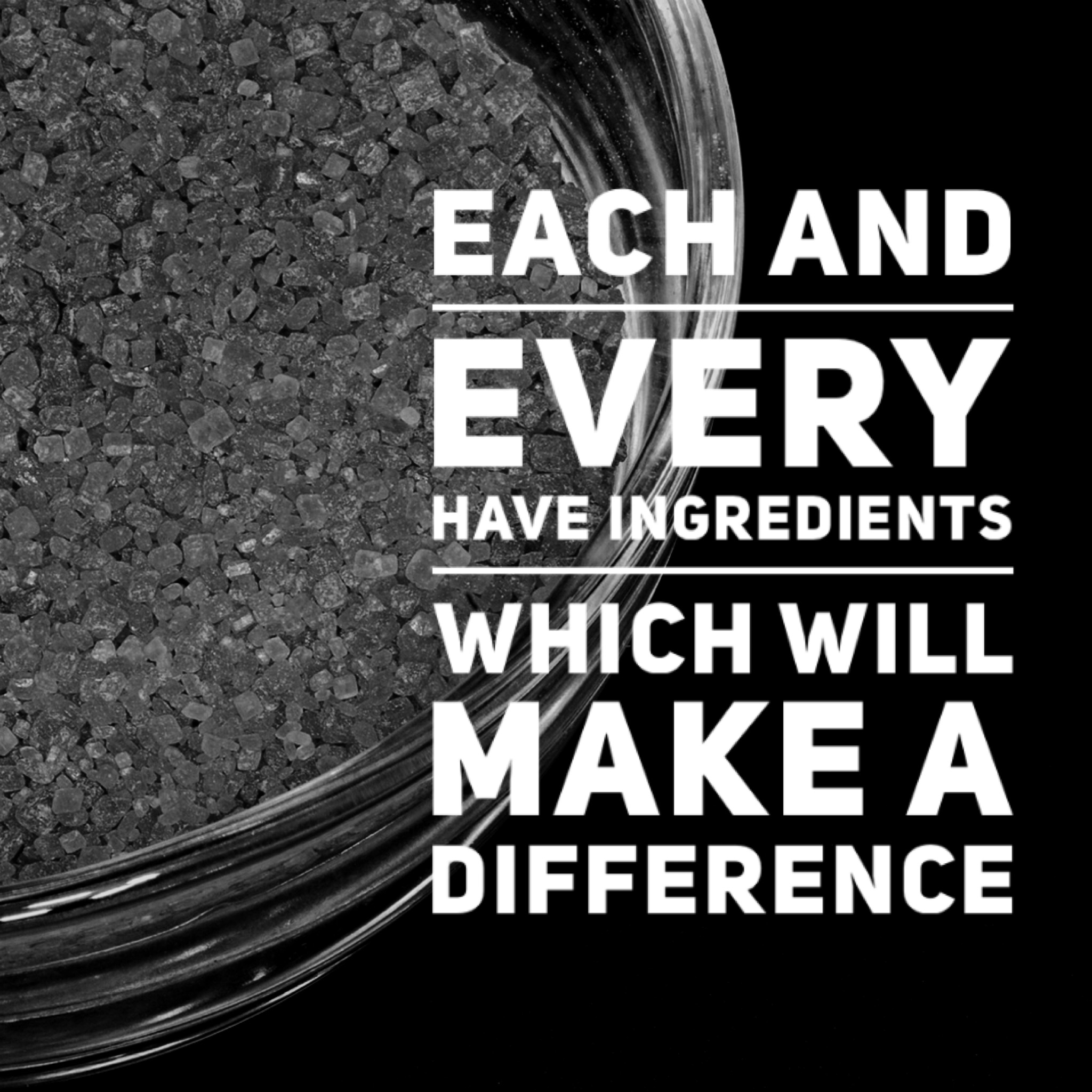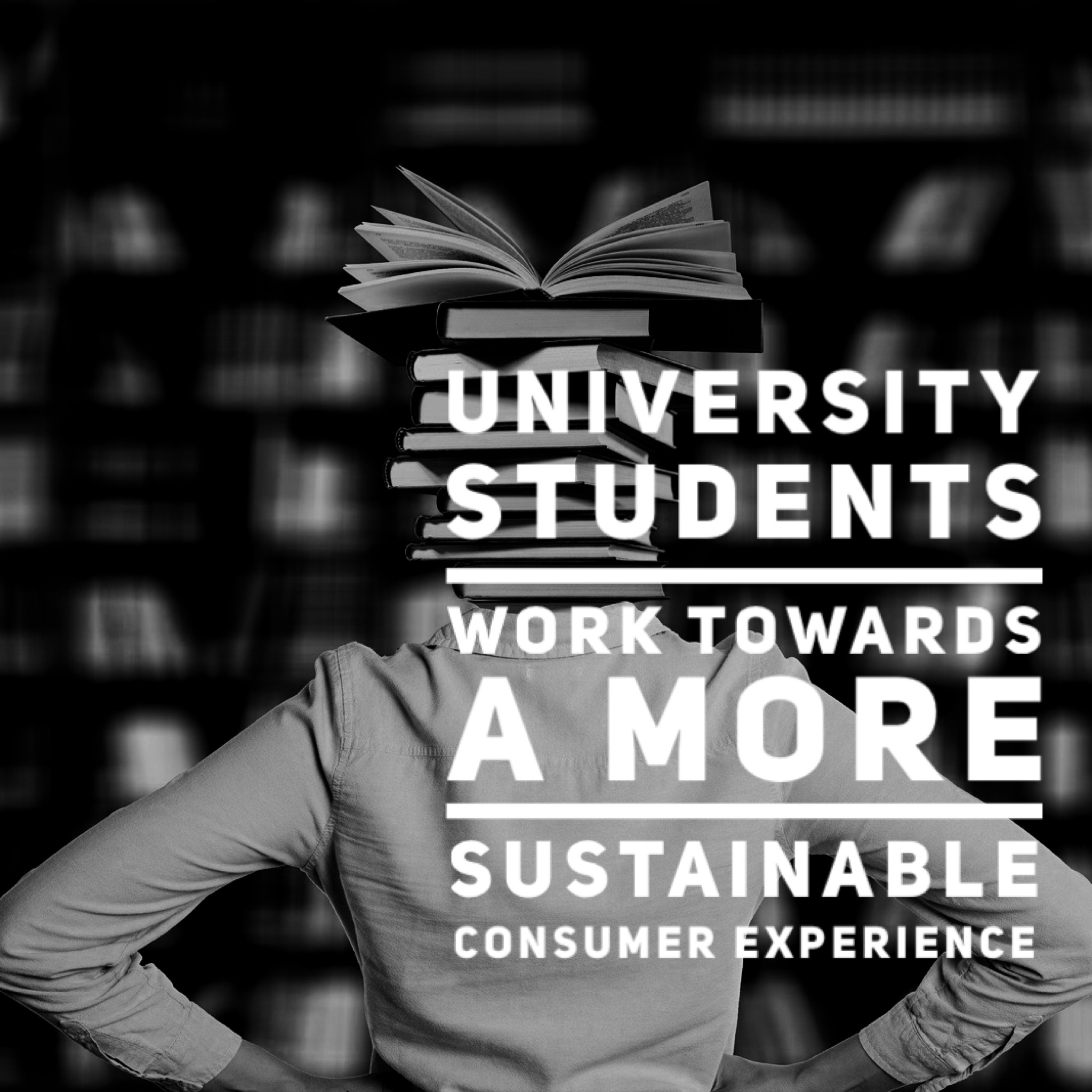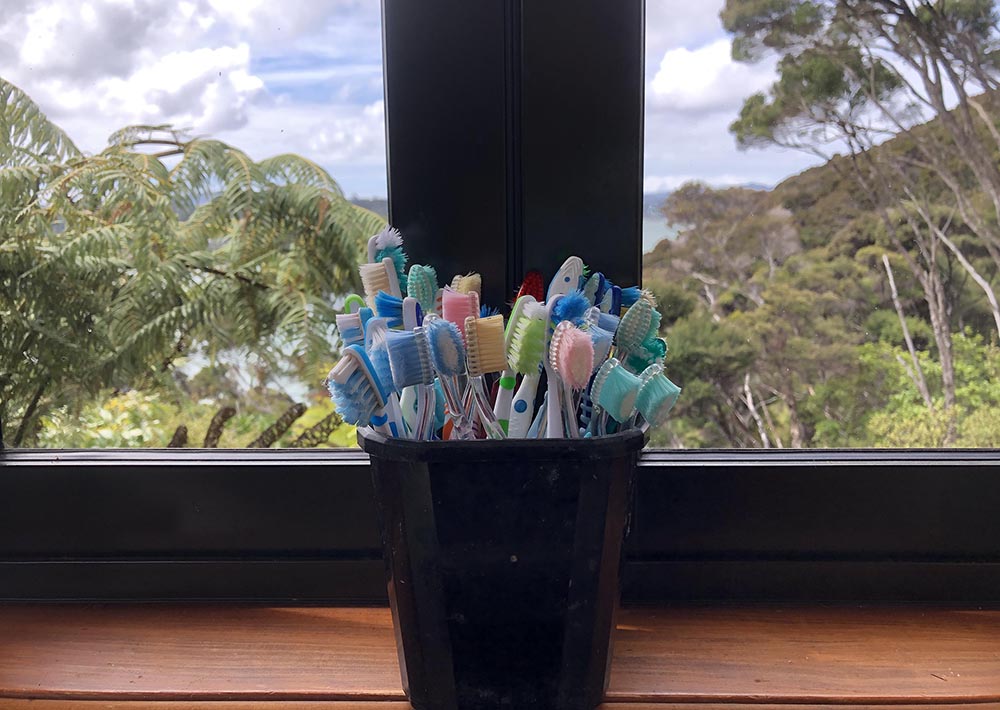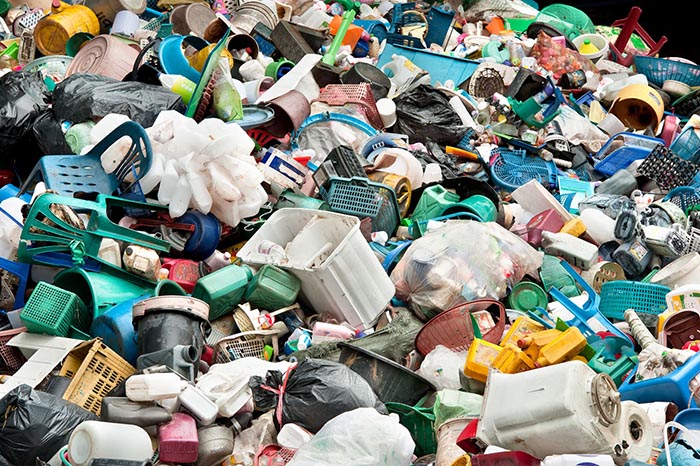News
How hard is it to live plastic free?
It has been said that the more developed a country is - the more waste it produces. The message in that is that our life-style, my life-style, needs to change. If I want to see change, first I must change. And so will everyone else! To help my fellow comrades striving for a sustainable world, I decided to knuckle down a simple solution for the everyday individual, like myself, wanting to make a difference, only struggling for strategy. I had become so comfortable with detachment from anything that didn’t revolve around work, home-life, or Skype sessions with the family. To achieve something new, something difficult, uncomfortable and bigger than me, I had to change my thinking. Fundamental changes needed to in my everyday life.Demand Plastic-free It Works.
In today's economy - supply and demand is king of retail. In order to sell your goods or services it is necessary for people to want to buy them. It is no secret that when more options arise some options sky rocket with success while the other same product or service, just slightly different for one reason or another, don't do as well as the opposing similar product. Recent research studies are showing that more then half of Amazon consumers are now actively searching, to consume plastic-free goods. Plastic-free may very well increase the success of your product!Read the full story:
Survey: Amazon Customers Overwhelmingly Concerned About Plastic Pollution, Want Plastic-Free Choices
Join The Challenge with Aotearoa
Plastic Free July is a worldwide challenge with 250 million participants in 177 countries. This year Auckland Council are encouraging everyone to join – as part of a global effort for our oceans, communities, and wildlife. Simple swaps are just the beginning of the shift we need to see, this step is crucial; those who will swap items will more likely take second thoughts on a more regular basis when it comes to consuming plastics. New Zealand aims towards a circular economy; "waste not want not".Read the full story:
Plastic Free July 2020: sign up now
Halifax council to consider bag-free garbage and recycling system
As we are increasingly becoming aware, better waste-management systems are crucial to society today. The Halifax Regional Municipal Council (HRM) in Canada, is working on a proposal to convert to a bag-free cart waste system. Yet even this is not a solution, more a bid to slow the volume of harmful plastic impact.Read the full story:
Halifax council to consider bag-free garbage and recycling system
Apeks Marine Equipment Dive into the Plastic Free Movement
Apeks Marine Equipment has been working on redesigning to remove all single-use plastic from their packaging. The new plastic-free packaging is already in use and as of Monday, (World Ocean’s Day, 2020). It is the start of a massive shift I am sure we will be seeing from many industries. All we ask everyone to do is think, look into your life and your daily activities where and when do you use plastic? Where can you immediately make a difference. Focus on that, start the process of elimination!Read the full story:
Apeks Marine Equipment moving forward in mission to eliminate single-use plastic
World Oceans Day Innovation for A Sustainable Ocean
This year, World Oceans Day is celebrated on June 8th, 2020. The theme celebrated will be “innovation for a sustainable ocean”. Nine million tons of plastic are added to our oceans each year! (Not ok!) Scientists say we could sustainably rebound in thirty-years time IF we all take serious action to protect and rebuild. World Oceans Day is a time for everyone to get involved, learn, and rebuild for a stronger healthier world.Read the full story:
World Oceans Day 2020: How to buy products that will help protect marine life
Signify, World Leaders in Lighting, Take Prompt Action to Becoming Plastic Free this 2021
It is our prerogative to encourage industry leaders to supply us with our demands — and, it is no secret that plastic waste does not lead to a sustainable future. Signify plan to help lead the way.Read the full story:
Signify aims to be plastic-free on all consumer-related packaging in 2021
World Environment Day Awareness! Mindfully Going Plastic Free.
Britain’s waterways have up to 1,000 micro-plastics found per litre in the worst-polluted rivers. Dr Christian Dunn warned micro-plastics are a serious emerging contaminant similar to pharmaceutical waste and pesticides. Olivia Petter outlines five everyday products which contain plastic; revealing some of the difficulties we face when trying to live a plastic free life. Industry leaders are going to have to make steps for change, while we continue to be mindful of what we buy for future generations to come.Read the full story:
WORLD ENVIRONMENT DAY 2020: FIVE SURPRISING THINGS YOU NEVER KNEW CONTAINED PLASTIC, FROM RIBBON TO TEA BAGS
Ocean Heroes Youth Bootcamp to Clean the Ocean of Plastic
Setting aside time to be active, to educate ourselves is oh so very important. It is often the youth whom we see acting for change -- to purify this beautiful planet. Ocean Heroes Bootcamp for youth activists age 11-18 invite you to join to clean the ocean of plastic. Awareness of the benefits humankind derives from the ocean is key in motivating individual and collective duty. Ocean Heroes teach youth how to use levers of policy, supply and demand to create campaigns for change. The Bootcamp is free this 2020, & virtual campaigns are available to join—becoming a part of the movement to rid the planet of plastic waste.Read the full story:
World Oceans Day: Free Youth Activist Bootcamp On Beating Plastic Pollution
Mandarin Oriental Hotels Eliminating Single-Use Plastics
Industries are getting on track to rid the use of harmful plastics, single-use in-particular. Mandarin Oriental Hotel Group have big moves in place and have pledged to eliminate all single-use plastics by the end of March 2021. They are staying on top of current changing markets. I believe this will be a huge advantage to them in the long term. Other companies in industries across the board are sure to follow suit.Read the full story:
Mandarin Oriental Progress Update on Eliminating Single-Use Plastic Across Portfolio
Single Use Plastics Reduction Proving Unsuccessful with COVID-19
Covid-19 has not only slowed the world's workforce down, it has obscured the unified acknowledgement that single use plastics need to be banned.The ban of single use plastics is necessary for longterm sustainability of the planet. With the outbreak of Covid-19, many places around the world that had gotten on board the plastic-free initiative, with the goal of turning the wasteful world into a thoughtful one, have found themselves reverting back to the use of single use plastics as it has been argued to be the sanitary solution. Caution as to the longterm effect Covid-19 will have on the ban of plastic remains unknown.
Read the full story:
The Match Between COVID-19 and Plastic Bans
Ensuring a Waste-Free World After COVID-19
Despite the plastics industry putting forward single use plastic as being effectively safer during the Covid-19 pandemic, it is now being seen as having the opposite effect—those who are handling the contaminated single use plastics are being put at further risk. We need to shift from disposable to reusable - as a strategic plan to become more sustainable, and toxic free.Read the full story:
Environmental group pushes for measures to ensure waste-free, toxic-free post-COVID era
Plastic Free Brand Awareness For Each and Every
Each and Every is a brand whose tagline resonates with me: “Ingredients Matter”. Each and Every are taking steps to stop using petroleum-based plastics in their packaging. The new packaging for their deodorant and envelopes will be made from sugarcane-based plastic and corn-based bioplastic. Plant-based plastics have their own carbon footprint issues but Each and Every have succeeded in producing packaging that is going to help us all reduce petroleum-based plastic waste on the planet. Ingredients matter.Read the full story:
Sugarcane and Corn: 'Ingredients Matter' in New Deodorant Packaging
Looking to Young Innovators to Save This Planet
Visionary young innovators are going to have to be our future-shapers. Students from University of Wisconsin Green Bay recently came up with a high quality refillable aluminium solution for everyday showering products for SoapShop. We used to buy products in refillable bottles. To me, this group deserved first prize in their business idea competition.Read the full story:
UW-Green Bay’s New Venture Acceleration students lead the way in business idea contest
Plastic Toothbrushes Inspire a Website
A collection of old plastic toothbrushes (to re-use for cleaning little hard-to-clean places) reveals the way plastic accumulates—even small plastic items—over time. We're all more aware now of how plastic defies even our recycling intentions and sits around contaminating the planet long past our own expiry date. This site is dedicated to making it easier to shop plastic-free. Enjoy.Plastic is Making Us Sticky
How many of you have discovered, in the back of a cupboard, a plastic container you’ve had for a little too long, that’s starting to feel a bit sticky?That is essentially what happens to plastic as it begin to break down—slow as the process is, the first thing that noticeably happens is that the plastic gets sticky. Towards the end of the life of anything plastic, when it’s broken down into what we call microplastics, all the teeny tiny bits of plastic that float around in the air and drift through the oceans, are sticky. And we are breathing sticky microplastics into our lungs and we are consuming microplastics in all seafood we eat these days—including sea salt. Sticky microplastics which come with heavy metals stuck to them—nickel, cadmium and lead. It doesn’t take a genius to figure out that this means...
